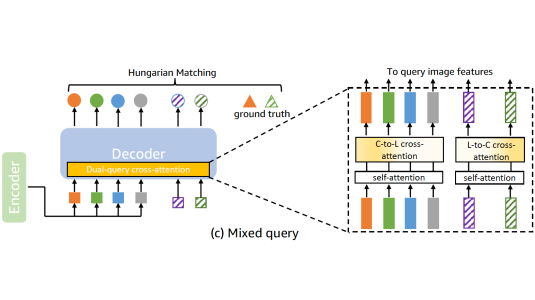We're on a journey to build something new a green field project! Come join our team and build new discovery and shopping products that connect customers with their vehicle of choice. We're looking for a talented Senior Applied Scientist to join our team of product managers, designers, and engineers to design, and build innovative automotive-shopping experiences for our customers. This is a great opportunity for an experienced engineer to design and implement the technology for a new Amazon business. We are looking for a Applied Scientist to design, implement and deliver end-to-end solutions. We are seeking passionate, hands-on, experienced and seasoned Senior Applied Scientist who will be deep in code and algorithms; who are technically strong in building scalable computer vision machine learning systems across item understanding, pose estimation, class imbalanced classifiers, identification and segmentation.. You will drive ideas to products using paradigms such as deep learning, semi supervised learning and dynamic learning. As a Senior Applied Scientist, you will also help lead and mentor our team of applied scientists and engineers. You will take on complex customer problems, distill customer requirements, and then deliver solutions that either leverage existing academic and industrial research or utilize your own out-of-the-box but pragmatic thinking. In addition to coming up with novel solutions and prototypes, you will directly contribute to implementation while you lead. A successful candidate has excellent technical depth, scientific vision, project management skills, great communication skills, and a drive to achieve results in a unified team environment. You should enjoy the process of solving real-world problems that, quite frankly, haven’t been solved at scale anywhere before. Along the way, we guarantee you’ll get opportunities to be a bold disruptor, prolific innovator, and a reputed problem solver—someone who truly enables AI and robotics to significantly impact the lives of millions of consumers. Key job responsibilities Architect, design, and implement Machine Learning models for vision systems on robotic platforms Optimize, deploy, and support at scale ML models on the edge. Influence the team's strategy and contribute to long-term vision and roadmap. Work with stakeholders across , science, and operations teams to iterate on design and implementation. Maintain high standards by participating in reviews, designing for fault tolerance and operational excellence, and creating mechanisms for continuous improvement. Prototype and test concepts or features, both through simulation and emulators and with live robotic equipment Work directly with customers and partners to test prototypes and incorporate feedback Mentor other engineer team members. A day in the life - 6+ years of building machine learning models for retail application experience - PhD, or Master's degree and 6+ years of applied research experience - Experience programming in Java, C++, Python or related language - Experience with neural deep learning methods and machine learning - Demonstrated expertise in computer vision and machine learning techniques.




